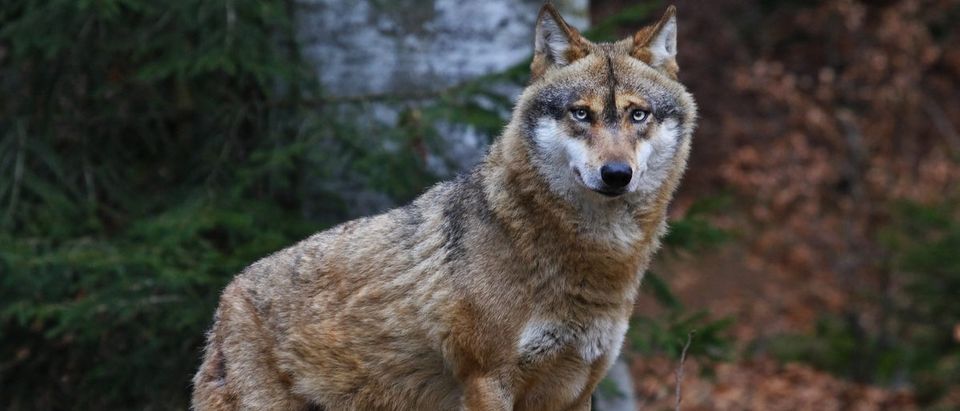The Senate Committee on Environment and Public Works passed a bill Wednesday that would remove federal protections for gray wolf populations in Wyoming and the Great Lakes states.
The “HELP for Wildlife Act” reinstates 2011 and 2012 Fish and Wildlife Service (FWS) final rules that remove federal protections for the wolf in Wyoming and delist the Great Lakes states gray wolves from the Endangered Species List. The bill also bars judicial review of the final rules, leaving the FWS in control of any future federal protections.
The FWS has made multiple attempts to partially or wholly delist the wolf since 2003, but courts have blocked most attempts after lawsuits from conservation groups such as the Defenders of Wildlife and The Humane Society.
These “environmental lawsuit mills” sue the federal government after the FWS attempts to delist or downgrade the wolf from “endangered” status. The conservation groups use each round of lawsuits and media attention as fundraising opportunities, Reason Foundation’s Endangered Species Project director Brian Seasholes told The Daily Caller News Foundation.
The conservation groups accuse the FWS and politicians, such as GOP Sen. John Barrasso of Wyoming who introduced the HELP for Wildlife Act, as ignoring the “best available science” purporting to show that gray wolves aren’t recovered. The Humane Society has accused Barrasso and others of caving to pressure from vocal minorities.
The FWS has recommended that the gray wolf be delisted, however, based on the recommendations of scientists inside and outside the agency, and because the wolf population in Wyoming and the Great Lakes states have met and surpassed the standard set when the species was listed.
“[Keeping the gray wolf listed] is diverting finite conservation dollars to something that doesn’t need it,” Seasholes said.
Keeping the wolf listed costs the FWS millions — $4.3 million in 2007 — to create and execute a conservation plan that involves public education, species monitoring, and law enforcement, according to a 1992 recovery plan for the Eastern Timber Wolf.
The bulk of the cost of protecting species, however, is passed onto private companies and individuals.
“Most of the cost [of continuing to protect the gray wolf] is the business never done and the homes that are never built,” Pacific Legal Foundation environmental attorney Jonathan Wood said.
All content created by the Daily Caller News Foundation, an independent and nonpartisan newswire service, is available without charge to any legitimate news publisher that can provide a large audience. All republished articles must include our logo, our reporter’s byline and their DCNF affiliation. For any questions about our guidelines or partnering with us, please contact licensing@dailycallernewsfoundation.org.


